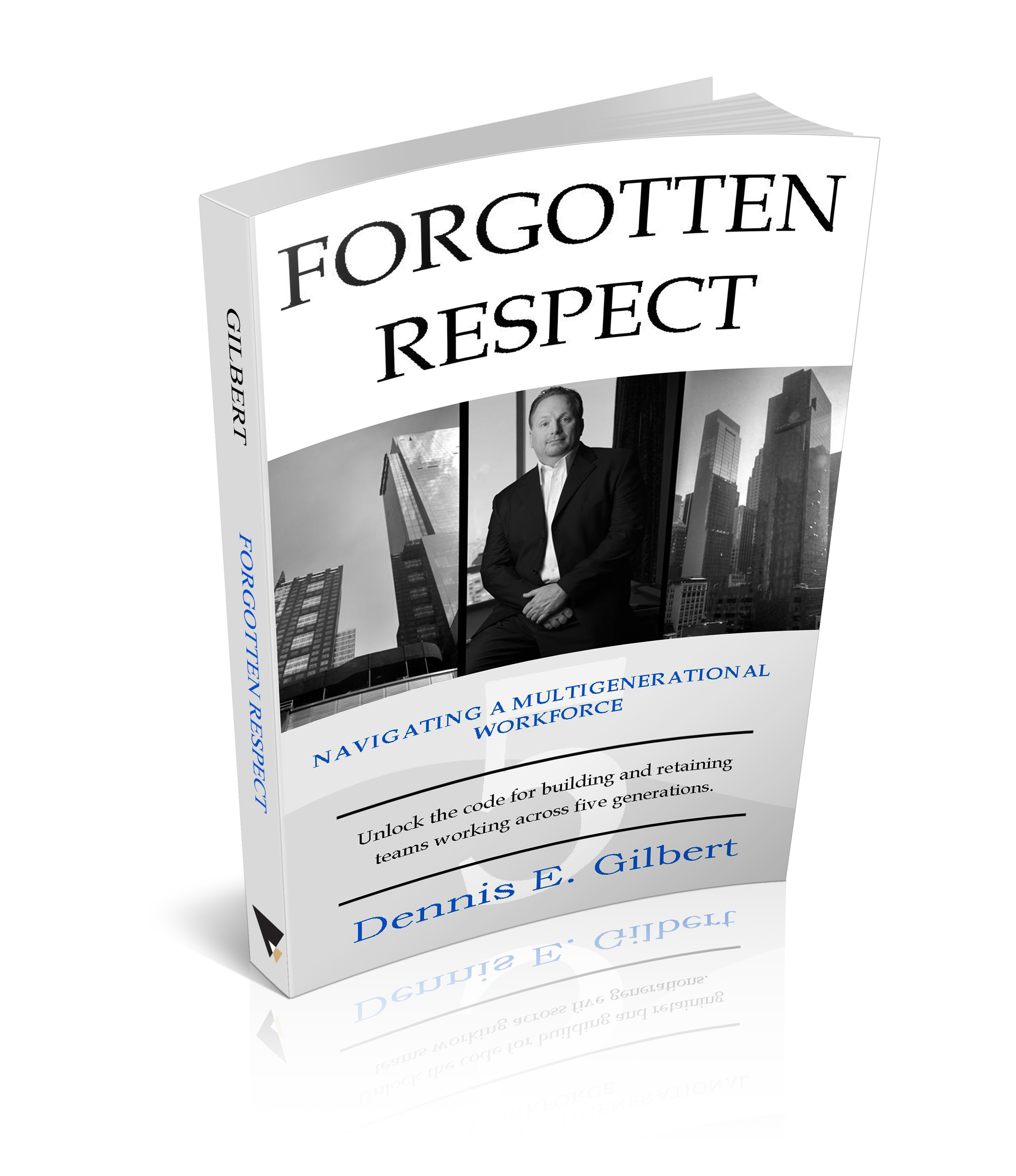Comedy about business has had its share of success. We can consider the wildly popular television series, The Office, and depending on your taste the 2013 movie, The Wolf of Wall Street. Today, perhaps different from any other time in modern history, we have five generations active in our workforce and it is great timing for the business oriented comedy, The Intern.

Life is full of lessons, and for some humor may provide the thread for the needle to sew up some of life’s best. I watched The Intern this past weekend and here are three of many lessons I patched together:
Sometimes your future is not as important as the right now. Ben Whittaker (Robert De Niro) is interviewed by a millennial human resources manager and is asked about where he sees himself in ten years. Ben, a seventy year old internship candidate doesn’t understand why where he sees himself when he is eighty years old really matters. Good point.
Often we frame our thoughts to position us at a better place in the future. We imagine ourselves becoming more accomplished, successful, and valuable, but the other side of this thinking is that right now may be the most important time of all.
Patience is just as important as speed. We live in a fast-paced, stopping for nothing world, and there is no denying the value of speed. Jules Ostin (Anne Hathaway) is a fast-tracker millennial whose startup e-commerce business is growing at an almost out of control pace. Her meetings are scheduled in five minute intervals, she rides a bike around the office to save time, and her family life is desperately being challenged by all of the pace and pressure.
Sometimes though not everything is about speed, it may also be about patience. Practicing patience is a relationship and team building skill. People, teams, and businesses who make the time to embrace a core value of patience will often have more stamina to get through the rough spots. Take nothing for granted, especially your time—have patience.
Never forget where you came from. We’ve probably all either heard this or have said it. This insightful mantra is often used to cause reflection on remembering those persons or situations from which you came. The idea is to remember that while you may now be more successful or more accomplished than in the past, don’t forget those people or circumstances associated with where you’ve come from. Great point to remember.
There is another side to this though, sometimes we forgot about our accomplishments and we live feverishly chasing the next sale, opportunity, or job promotion forgetting all that is good about what we’ve already accomplished. In the movie, Ben invites Jules to remember that she is the person who created this thriving business as she struggles with a tough decision about hiring a CEO. Remember who built you (you did), always count the successes (focus on successes, not on short-comings) no matter how small.
A comedy may not be your favorite genre but if you are interested in taking a break from the intensity of navigating the five generations active in our workforce today you can find some valuable lessons through humor by watching The Intern.
– DEG
Photo Credit: Image from YouTube Official Trailer.
Dennis E. Gilbert is a business consultant, speaker, and coach that specializes in helping businesses and individuals accelerate their leadership, their team, and their success. He is the author of the newly released book, Forgotten Respect, Navigating A Multigenerational Workforce. Reach him through his website at DennisEGilbert.com or by calling +1 646.546.5553.
Dennis Gilbert on Google+

















